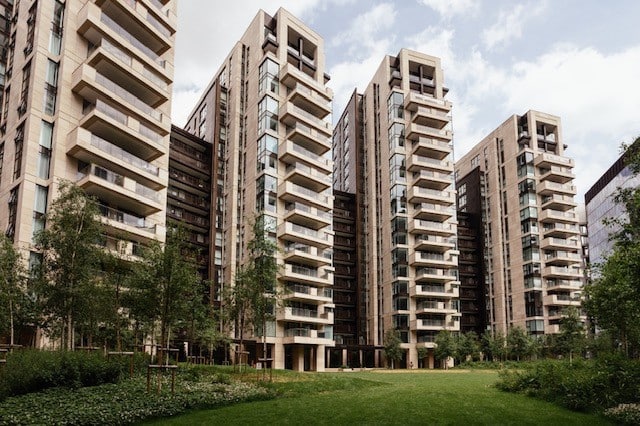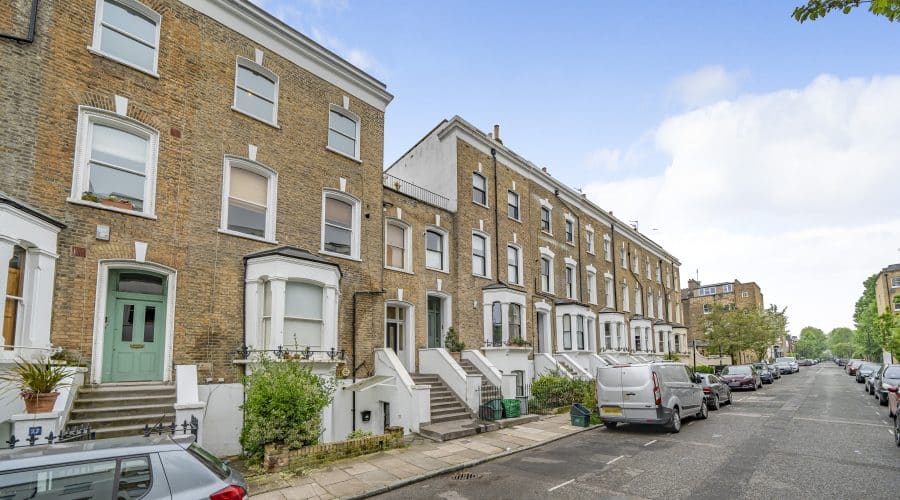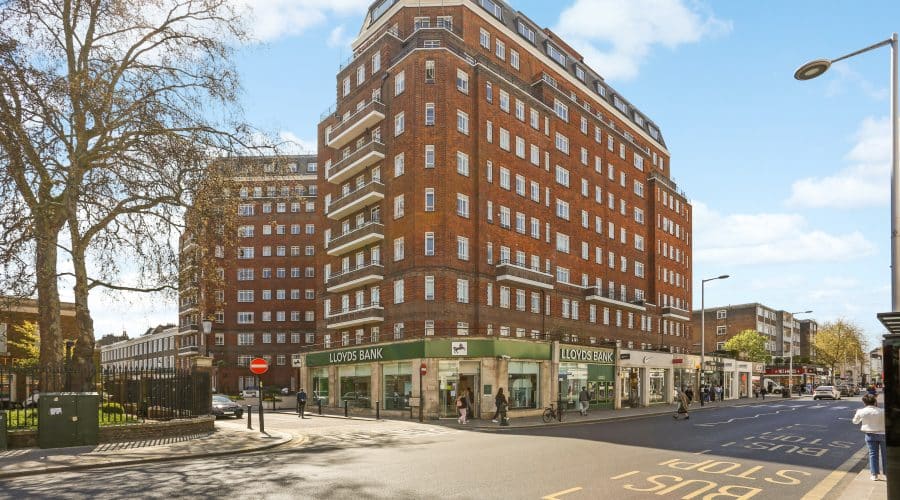London buying agents expect most of the action will be happening off-market in the coming weeks.
Buyers in prime London could be in for a frustrating few months ahead, as vendors shy away from listing openly in an uncertain market.
“The spring buying season has begun with more of a whimper than a bang this year,” according to buying agency Black Brick, citing reports from estate agents of lower levels of appraisals, compared to 2022.
At the same time, buyer demand appears to be holding up in the face of volatile economic conditions.
The Mayfair-based firm suggests part of the reason vendors aren’t getting round to listing their homes is the confluence of two major holidays: Easter Sunday falls on April 9th and Ramadan, the Muslim holy month, started on March 23th.
“There is certainly nothing coming up in the £3mn to £9mn flat market in central London at the moment,” said partner Caspar Harvard-Walls.
Increasing numbers of buyers are opting to sell off-market with no online presence, added managing partner Camilla Dell: “At the moment, because the market is a bit uncertain and unsure, sellers don’t necessarily want everyone to know what their asking price is,” she said. “I use the analogy of a game of poker, where you want to keep your cards close to your chest.”
The proportion of off-market deals struck by the firm on behalf of its clients has risen from around 40% to 55% since 2021.
Sloane Square-based buying buying agency Eccord also suggests open-market stock levels will remain “constrained” over the coming weeks, resulting in fierce competition for the most desirable homes.
Appetite for best-in-class, turnkey family houses in central London appears undimmed by events in the wider economy, said the firm, citing drivers including the new academic year or where clients have had a “wealth event” and are ready to move further up the ladder.
The team reports having a number of new buyers lined up to start their search after the Easter break, although some discretionary purchasers are “moving to the sidelines for the time being…waiting to see if prices soften”.
Those seeking to capitalise on the recent turmoil are likely to be disappointed, however. “In our experience of other volatile times and banking sector job losses, high net worth homeowners are more likely to heavily rein in lifestyle-driven discretionary spending, such as personal training and ski holidays, before selling their family home,” said the firm.
Jo Eccles, MD, Eccord: “For the best – and sensibly priced – houses, some are going under offer after the first viewing. We have just agreed the purchase of a family house for a client searching across Fulham, Putney and Chiswick and the speed and strength of competition was particularly evident in these areas.
“Buyers across all price brackets face two key challenges. Firstly, in finding high quality properties in a fragmented and undersupplied market, and secondly, in negotiating a fair and realistic price based on sound comparables.
“The discretionary nature of many prime central London sellers means the gulf between buyer and seller expectations can be difficult to bridge, with sellers holding out for unrealistic prices that often don’t stand up to scrutiny or comparable evidence.”
The firm has a number of new buyers lined up to start their search after the Easter break, although some discretionary purchasers are ‘moving to the sidelines for the time being’
The investor market could be one to watch, however. Eccord reports how increasing numbers of landlords – hit by rising costs and unexciting yields – are seeking sales valuations with a view to exiting the sector…
“A number of our buy to let landlords who acquired their properties after the peak of the market in 2014 are reluctantly considering the prospect of exiting at a loss and are seeking valuations with a view to selling in the next 12 – 24 months.
“Landlords remain very cost conscious, having faced over the winter months rising repair costs, issues with damp and mould – caused by high utility bills and tenants opening their windows less – and greater demands from tenants who are spending more time at home and have higher expectations for the smooth running of their rental property.
“Landlords are also conscious of looming energy efficiency regulation that will require them to achieve an EPC ‘C’ rating by 2025 in order to let their property to new tenants. Many will face significant expenditure on upgrades to bring it up to the required standard, and those owning listed properties face an even greater challenge.
“Net yields remain low and with little prospect of meaningful capital growth over the next three years, landlords are re-evaluating and deciding whether to reduce and consolidate their portfolios when existing tenancy agreements expire.”














